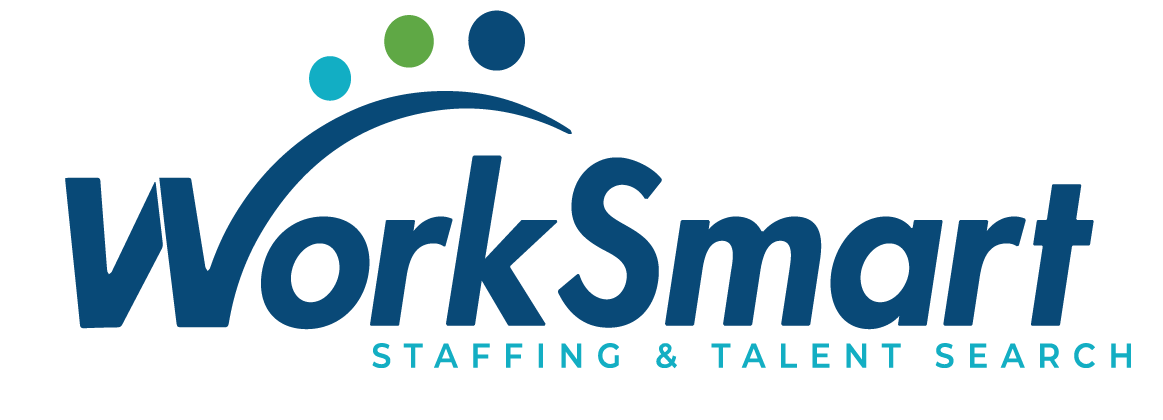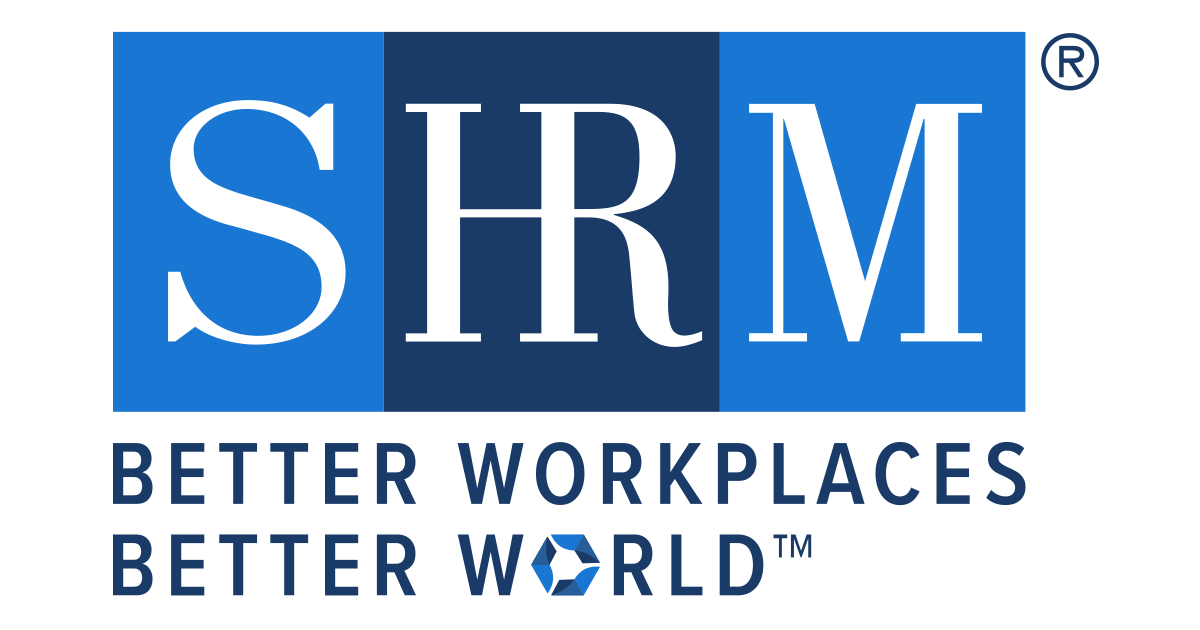Why Soft Skills are Important
You’ve just finished conducting an interview. It went really well, and this candidate showed much potential. You decided you really liked this individual and feel they would be a great match with your company. The only problem is that you feel the same way about the candidate you interviewed yesterday.
You think really hard about the two candidates. Similar education levels, experience, and technical skills. Then it hits you. The candidate from yesterday had really great communication skills. They also proved to be a problem-solver. You remember some of the work samples they submitted and how creative they were, not to mention their keen sense of detail. You think just a little harder, but it seems as if you’ve made your decision.
This is the importance of soft skills.
Though both candidates were suitable contenders and brought equal education and experience to the table, what gave one candidate leverage and ultimately got them the position, were skills – soft skills.
What are Soft Skills?
Soft skills are personal attributes that enable someone to interact harmoniously and effectively with other people. In short, soft skills are people or life skills. These skills go far beyond the workplace. It is how you connect and interact with other people, whether that be at work, at the gym, at the nail salon, or anywhere for that matter. Hard skills are about what you know, but soft skills are about who you are.
Soft vs. Hard Skills?
Speaking of hard skills, let’s talk about the difference. Hard, or technical skills, are knowledge/occupation-based. These skills are measurable and are obtained through training and formal education. Depending on the field or occupation, you may need a plethora of hard skills to be successful.
Soft skills are how well you’re able to interact with others. Soft skills hardly change with the occupation because no matter what you do in life, you will have some sort of human interaction. Like hard skills, soft skills too can be developed and improved upon.
Check out some examples below!
Hard vs. Soft Skills
Why Are Soft Skills Important?
Soft skills are in high demand. Research shows that 92% of hiring managers reported that soft skills are equally or more important to hire for than hard skills. From that same study, 89% said when a new hire doesn’t work out, it’s because they lack critical soft skills.
With just about every interaction you will have, soft skills will be needed. Whether it's giving a presentation, negotiating a contract, working with a team on a project, or simply emailing a coworker, you need soft skills to be effective in what you're doing. Unfortunately, many people underestimate the importance of these while overestimating how proficient they are.
Take time to assess how well your soft skills are. If you feel you may be lacking, it might be time to brush up on your soft skills.
How to Develop Soft Skills?
Just like any other, these skills can be developed. Many schools, universities, and even online programs offer classes or courses that help develop these skills. If that’s not the route for you, you can choose a manager or coworker to evaluate your skills and give you honest feedback. From there, you’ll know what to work on and can decide how to go about doing so. These are just two, but there are many ways to improve your soft skills.
If you’re willing and open to change, with a little hard work and a lot of intentionality, you can improve your soft skills and truly stand out from the rest.
Join us next week for more!








